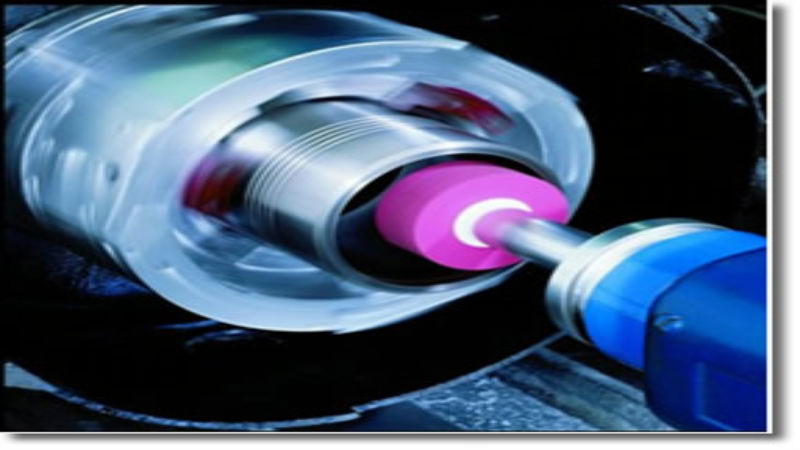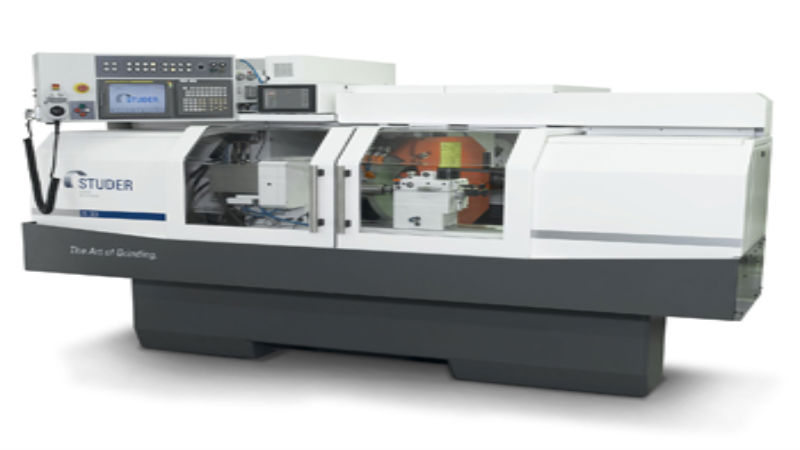In today’s fast-paced manufacturing world, this advanced machining process has become a cornerstone for industries striving to achieve exceptional accuracy and efficiency. It involves removing material from a workpiece to achieve extremely tight tolerances, making it ideal for intricate applications across industries like aerospace, medical devices, and automotive manufacturing. With growing industrial demands and increasingly complex challenges, this technique offers innovative solutions that meet the needs of modern production.
As industrial components become more intricate and performance requirements stricter, manufacturers are turning to precision grinding to ensure their parts meet exact specifications. This technique addresses the demand for precision and streamlines production processes, paving the way for cost-effective, high-quality outcomes.
The Advantages of Precision Machining in Complex Industrial Applications
Unmatched Accuracy and Consistency
Precision machining ensures unparalleled accuracy, a necessity in industries where tolerances are measured in microns. For example, aerospace components often need to withstand extreme conditions, making tight tolerances critical for safety and performance. Similarly, medical device manufacturing requires precise dimensions to meet regulatory standards. This process meets these requirements and guarantees consistency, a vital factor for mass production where every part must perform identically.
Versatility Across Materials and Components
One of the standout features of this process is its adaptability to various materials. From hardened metals and alloys to ceramics and composites, the technique can handle diverse materials without compromising quality. For instance, in electronics manufacturing, it is used to shape delicate components with exacting detail. Its versatility allows manufacturers across different sectors to achieve results that would be impossible with traditional machining techniques.
Enhanced Efficiency and Reduced Waste
This process optimizes material usage by removing only what is necessary, significantly reducing waste. This efficiency not only saves costs but also supports sustainable manufacturing practices by minimizing excess material and energy consumption. By enhancing production processes and optimizing material efficiency, it helps companies stay competitive while tackling environmental challenges.
4o
The Future of Precision Machining in Complex Industries
The evolution of this machining process continues to address the changing needs of complex industries. One promising trend is the integration of additive manufacturing with grinding, enabling hybrid processes that combine the best of both worlds. Additionally, eco-friendly practices such as dry grinding and the use of recyclable materials are becoming more prevalent, aligning with sustainability goals.
As manufacturing challenges grow in complexity, the role of this technique is expected to expand. From innovative machine designs to enhanced software capabilities, the future of this process lies in its ability to adapt and innovate while maintaining the highest standards of quality.
The Indispensable Role of Precision Machining
High-precision grinding has established itself as an essential tool for overcoming the intricate challenges faced by modern industries. Its ability to deliver unmatched accuracy, adaptability, and efficiency makes it a cornerstone of high-performance manufacturing. As industries continue to evolve, this advanced machining process will remain a vital tool for innovation and growth. For manufacturers seeking quality, consistency, and cost-effectiveness, investing in these technologies ensures they stay ahead in an increasingly competitive market.



